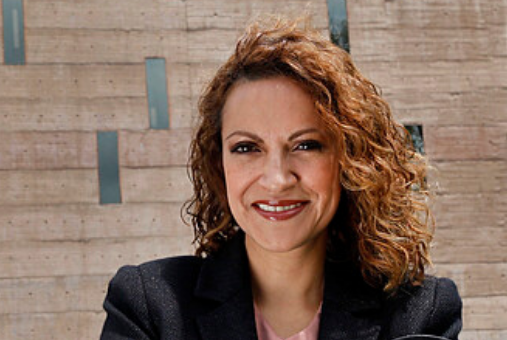
The Inter-American Court of Human Rights found that Colombia is responsible for the violation of several human rights of journalist Jineth Bedoya Lima as a result of the crime of which she was a victim in 2000.
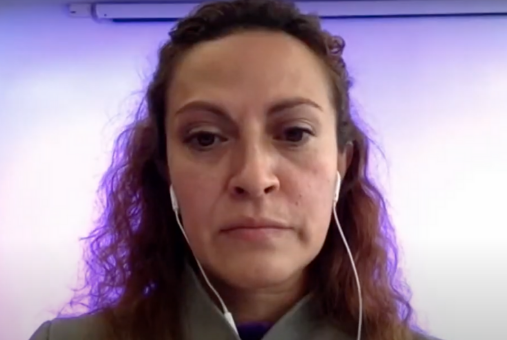
More than 20 years after journalist Jineth Bedoya was attacked, the Colombian State is judged by the Inter-American Court of Human Rights. National and international media are paying close attention to the court's decision due to its implications for freedom of expression and women journalists in the region.
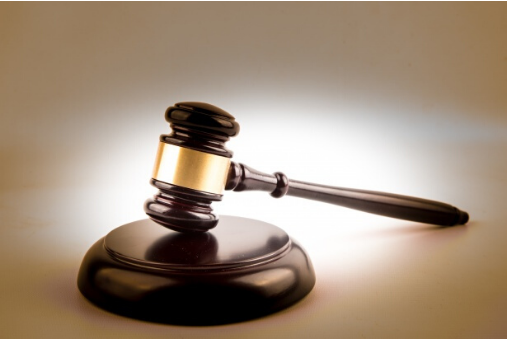
In one of the most aggressive actions against the independent press in Nicaragua, the country's public prosecutor, close to the administration of President Daniel Ortega, has called at least 16 journalists from the country as witnesses or has named them among those investigated in a case of alleged money laundering.
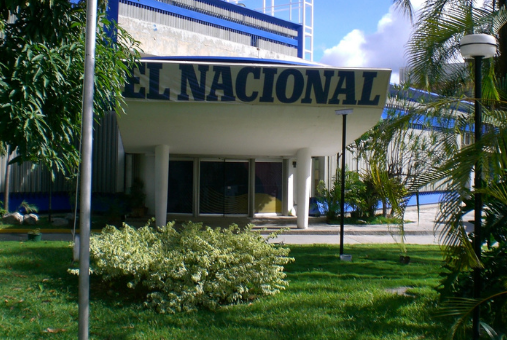
On April 16, a Venezuelan supreme tribunal ordered El Nacional to pay compensation to the vice president of the United Socialist Party of Venezuela (PSUV), Diosdado Cabello, considered the number two of Chavismo, for moral damage and defamation.
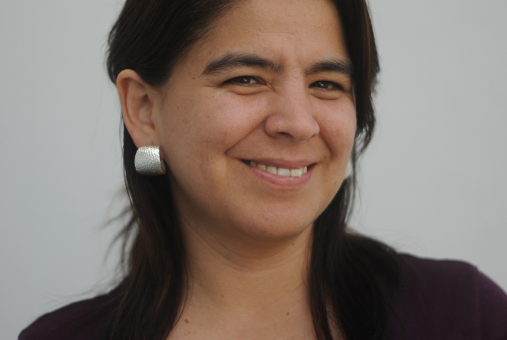
After receiving two death threats on social media in the last six months, Peruvian investigative journalist Paola Ugaz recently learned that the public prosecutor will not open an investigation in either case.

In what has been cataloged by various experts as "re-victimizing,” "unprecedented," and even "shameful," the Colombian State withdrew from a virtual hearing held by the Inter-American Court of Human Rights (I/A Court H.R.) regarding the abduction, torture and sexual assault of Colombian journalist Jineth Bedoya Lima in 2000. “The criminals have wanted to silence me […]
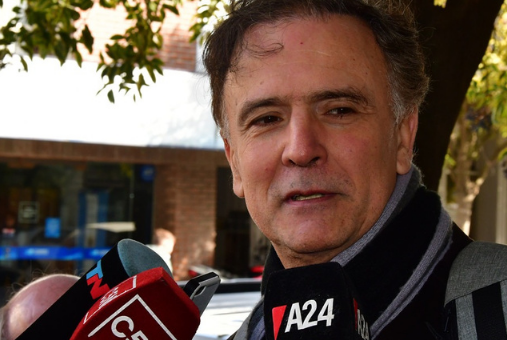
The ruling in Daniel Santoro's case defends the secrecy of journalistic sources as something "essential for the proper exercise of journalistic work," said ADEPA.

In a decision that defenders of the freedoms of the press and expression have not hesitated to classify as a violation of these rights, the Colombian Attorney General's Office announced it has an open investigation against journalist Diana Díaz Soto and that on Nov. 18, it would charge her for the crime of "use of […]
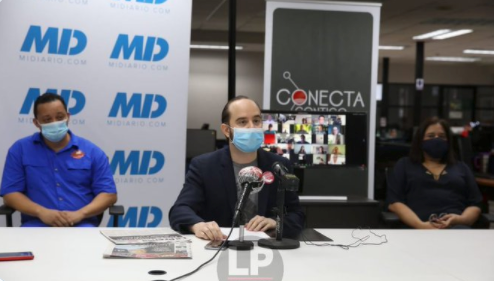
Senior management has been able to resolve temporarily the corporation's payments so that the newspapers can continue running, but this is unsustainable as time goes by if the accounts continue frozen for years while the process lasts, said Rita Vásquez, director of La Prensa.
Los directivos han logrado solventar de manera temporal los pagos de la corporación para que los periódicos continúen funcionando, pero esto será insostenible en el tiempo si las cuentas permanecen congeladas por años mientras dure este proceso, dijo la directora de La Prensa, Rita Vásquez.
Peruvian investigative journalist Paola Ugaz is the target of a second lawsuit, this time for allegedly making false statements as a witness during the defamation trial against her colleague Pedro Salinas.
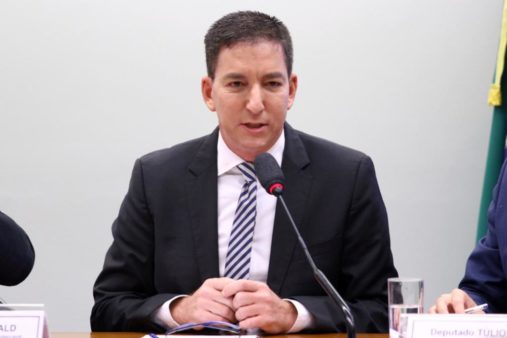
Brazilian President Jair Bolsonaro denied that the recent decree authorizing the summary deportation of 'dangerous' foreigners could be used against journalist Glenn Greenwald of The Intercept. However, the leader said there is a possibility that the journalist could be jailed in Brazil.